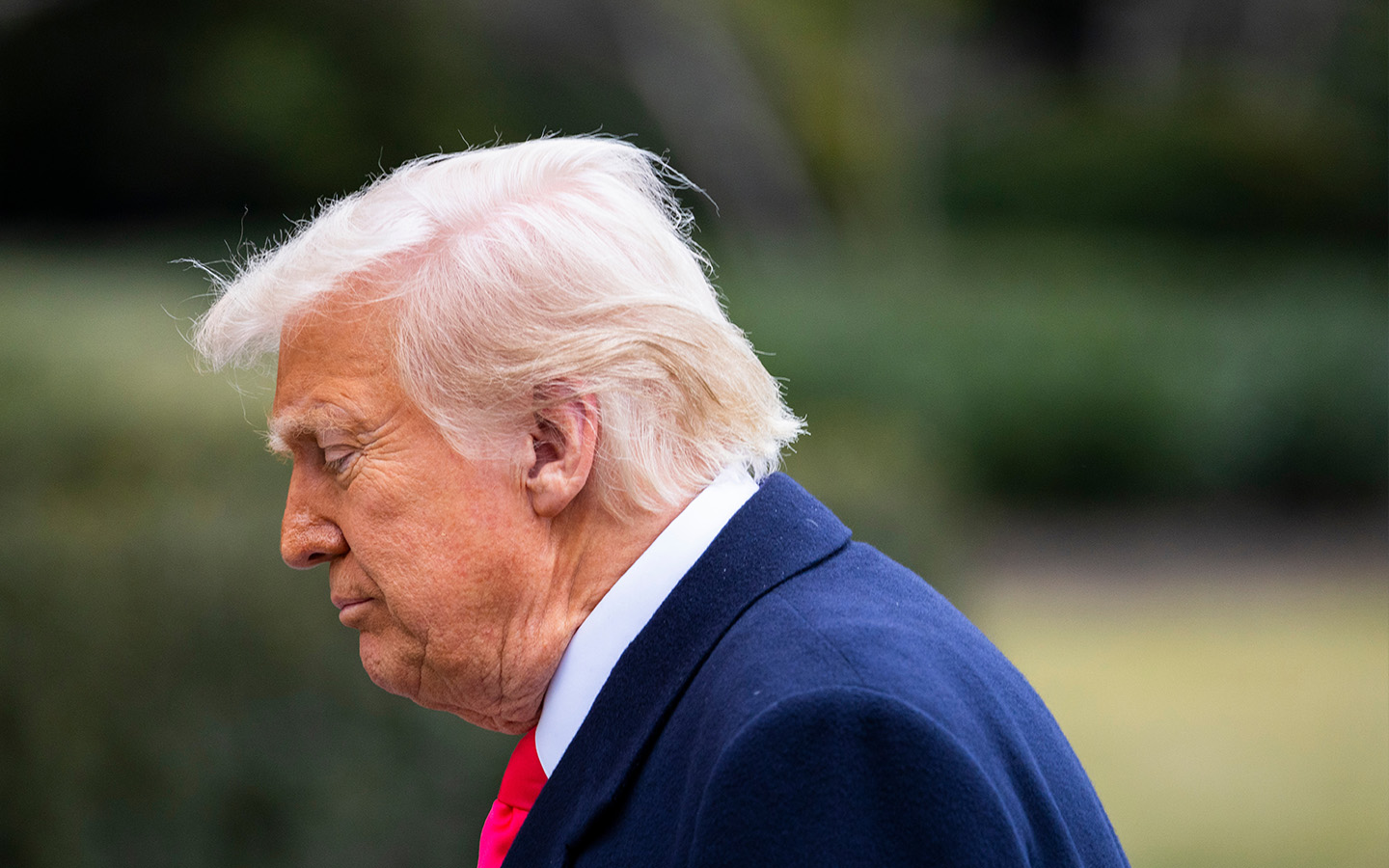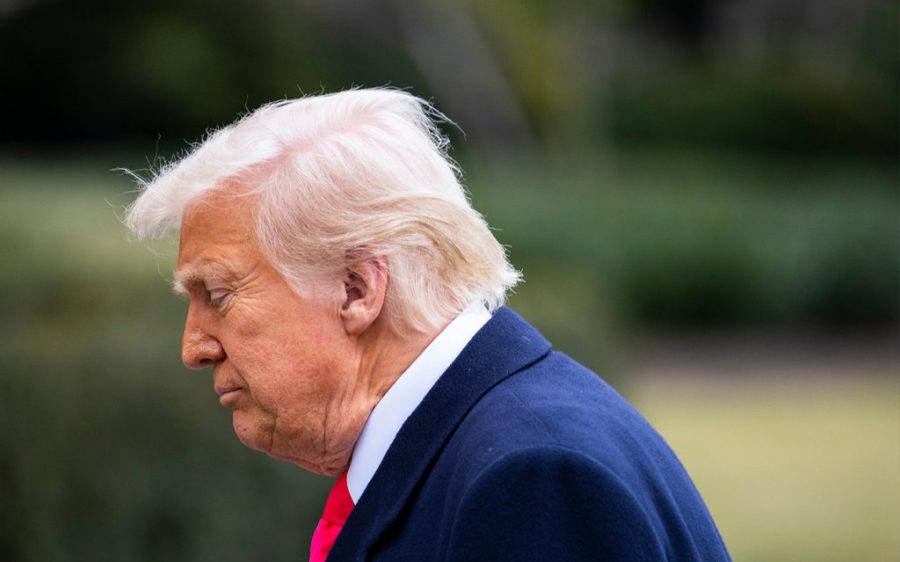US President Donald Trump has increased China’s reciprocal tariff rate to 125 percent, up from the already staggering 104 percent that came into force yesterday, multiple media outlets report. The new rate followed Beijing’s decision to ratchet up its own retaliatory levy on all US imports from 34 percent to 84 percent from Thursday.
In dramatically inconsistent behaviour, Trump also announced a 90-day pause in the steep tariff rates imposed on most US trade partners, just hours after they came into effect on Wednesday at midday Macao time.
Instead, Trump said he was authorising a universal “lowered reciprocal tariff of 10 percent” on imports from all countries and regions aside from China, Canada and Mexico, while negotiations continued. Canada and Mexico would continue to be tariffed at 25 percent.
The explanation the US president gave reporters for his about-turn was that people were “getting a little bit yippy, a little bit afraid.” He later emphasised the need for “flexibility” in policies.
However, US Treasury Secretary Scott Bessent purported that Trump had been planning to pull back on the steep, sweeping tariffs from the start. “This was his strategy all along,” Bessent claimed to reporters.
[See more: Local economist issues stark warning for Macao in wake of US tariffs]
Regardless, observers say the move has eroded global trust in the US and left countries around the world wary of Washington’s next move.
Earlier this week, an editorial from China’s Xinhua news agency described Washington’s behaviour as “naked extortion” and “absurd.” It added that China was prepared to “respond in kind” and would not bend to threats.
“Washington’s stance reflects a dangerous form of economic bullying that runs counter to the principles of sovereign equality and mutual respect,” the editorial read.
Analysts told NBC News that China could be considering further retaliatory measures, including potentially banning all US agricultural imports (which would target Trump’s key supporter base), barring Hollywood movies from its cinemas, and excluding US companies from government procurement processes.
There are also warnings that an all-out trade war between China and the US could push the rest of the world into a recession, given that the two countries account for around 43 percent of the global economy.






